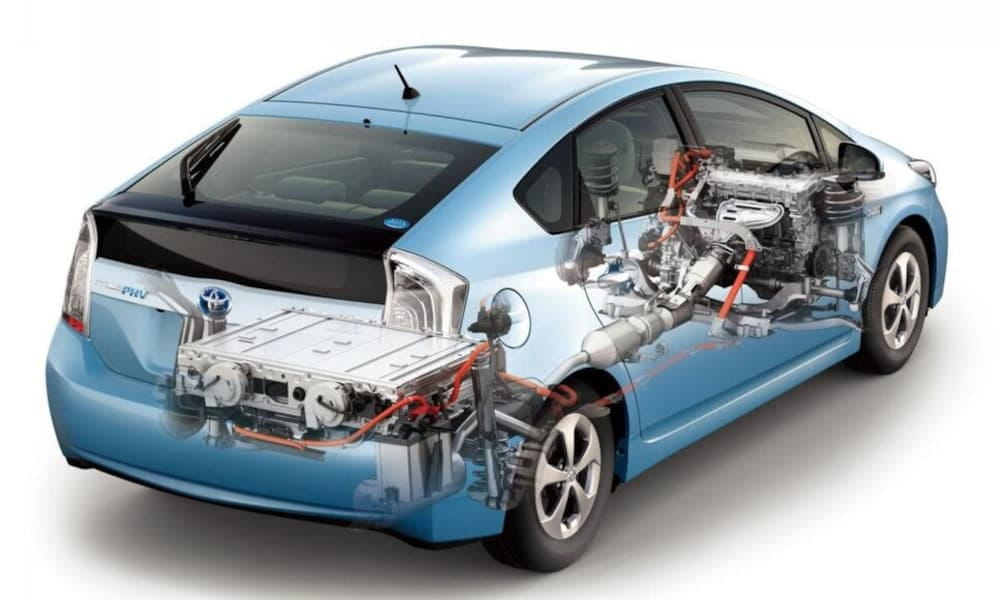Buying a car is a significant financial decision, and timing can play a crucial role in how much you pay. Knowing when to purchase can help you take advantage of discounts, promotions, and dealership incentives. Whether you’re looking for a brand-new model or a reliable used vehicle, understanding the best times of the year to buy can save you thousands. In this article, we’ll break down the most opportune times to buy a car and why certain seasons bring better deals.
End of the Year: The Best Time for Discounts
The end of the year, specifically the months of November and December, is widely considered the best time to buy a car. Dealerships and manufacturers are eager to clear out inventory to make room for new models. This means they are more likely to offer generous incentives and discounts to meet their annual sales targets.
Why the End of the Year Works:
- Model Year-End Clearance: By the end of the year, dealerships need to make room for the incoming year’s models, so they’re motivated to sell the current year’s stock at discounted prices.
- Holiday Promotions: Black Friday, Christmas, and New Year’s Eve often come with special promotions and sales events, where dealerships slash prices or offer special financing rates.
- Sales Quotas: Dealers and salespeople have year-end quotas to meet, and they’re often more willing to negotiate on price to hit their targets, making December the most budget-friendly time to buy.
End of the Month: When Sales Targets Drive Deals
Just like the end of the year, the end of each month can be a great time to shop for a car. Sales teams often have monthly targets to meet, and as the end of the month approaches, they may be more willing to negotiate on price to close deals.
Why the End of the Month Works:
- Sales Incentives: Dealers are often motivated by bonuses and sales incentives based on monthly performance. If they are close to hitting their target, they may offer significant discounts to close more sales before the month ends.
- Stronger Negotiation Power: Knowing that a dealer may be more eager to sell gives you better leverage in price negotiations, allowing you to secure a lower price or added perks like free accessories or maintenance packages.
Holiday Weekends: Special Promotions and Financing
Holiday weekends, such as Memorial Day, Labor Day, and Independence Day, are traditionally excellent times to purchase a car. Dealerships take advantage of these weekends to offer special promotions, including lower interest rates, cash rebates, and discounts.
Key Holiday Sales to Look For:
- Labor Day: Often regarded as a peak time for car shopping, Labor Day weekend marks the transition from summer to fall and is one of the best times for discounts on the current year’s models.
- Black Friday: Many dealerships run Black Friday specials with limited-time offers and doorbuster deals, similar to what you’d find at retail stores.
- Memorial Day: As the unofficial start to summer, Memorial Day sales events often include deals on both new and used vehicles.
New Model Releases: Clearing Out Last Year’s Stock
When new models are released, usually in late summer or early fall, dealerships need to make room on the lot. As a result, the previous year’s models are often sold at a discount to clear inventory.
Why New Model Releases Are Beneficial:
- Discounted Older Models: As the next year’s models arrive, dealerships are eager to sell last year’s vehicles at a lower price. This can be a great opportunity to buy a relatively new car at a significant discount.
- Negotiation Opportunities: Since the focus shifts to the newer models, dealerships may be more flexible on pricing for outgoing models, allowing you to score a deal with additional perks.
The Best Time for Used Cars
If you’re in the market for a used car, there are specific times when the market becomes more favorable for buyers. For example, many people trade in their old cars at the end of the year, resulting in an influx of used vehicles in January and February. This increased supply often drives prices down.
Why Early in the Year is Ideal for Used Cars:
- More Trade-Ins: After the holiday season, more used cars are available due to trade-ins for new vehicles purchased in November and December.
- Better Prices: With a surplus of inventory, dealerships are more likely to lower the prices on used cars in order to make room for the newer models.
Off-Season for Specific Models
Another strategy to save money is to buy a vehicle during the off-season. For instance, buying a convertible in the winter or an SUV in the summer can result in better deals. Dealers know that these vehicles are in less demand during their respective off-seasons and may be more willing to negotiate on price.
Off-Season Benefits:
- Lower Demand: Buying a vehicle in its off-season means less competition from other buyers, allowing for better deals.
- Dealership Motivation: Dealers are motivated to move these vehicles off the lot before demand picks up again.
Conclusion
Timing is crucial when buying a car, and understanding the best times of year to shop can result in significant savings. Whether you’re looking for new or used, holiday weekends, end-of-month pushes, and year-end clearances are all great opportunities to secure a deal. Keep an eye on promotions, and don’t hesitate to negotiate with dealerships during these key times to maximize your savings.











